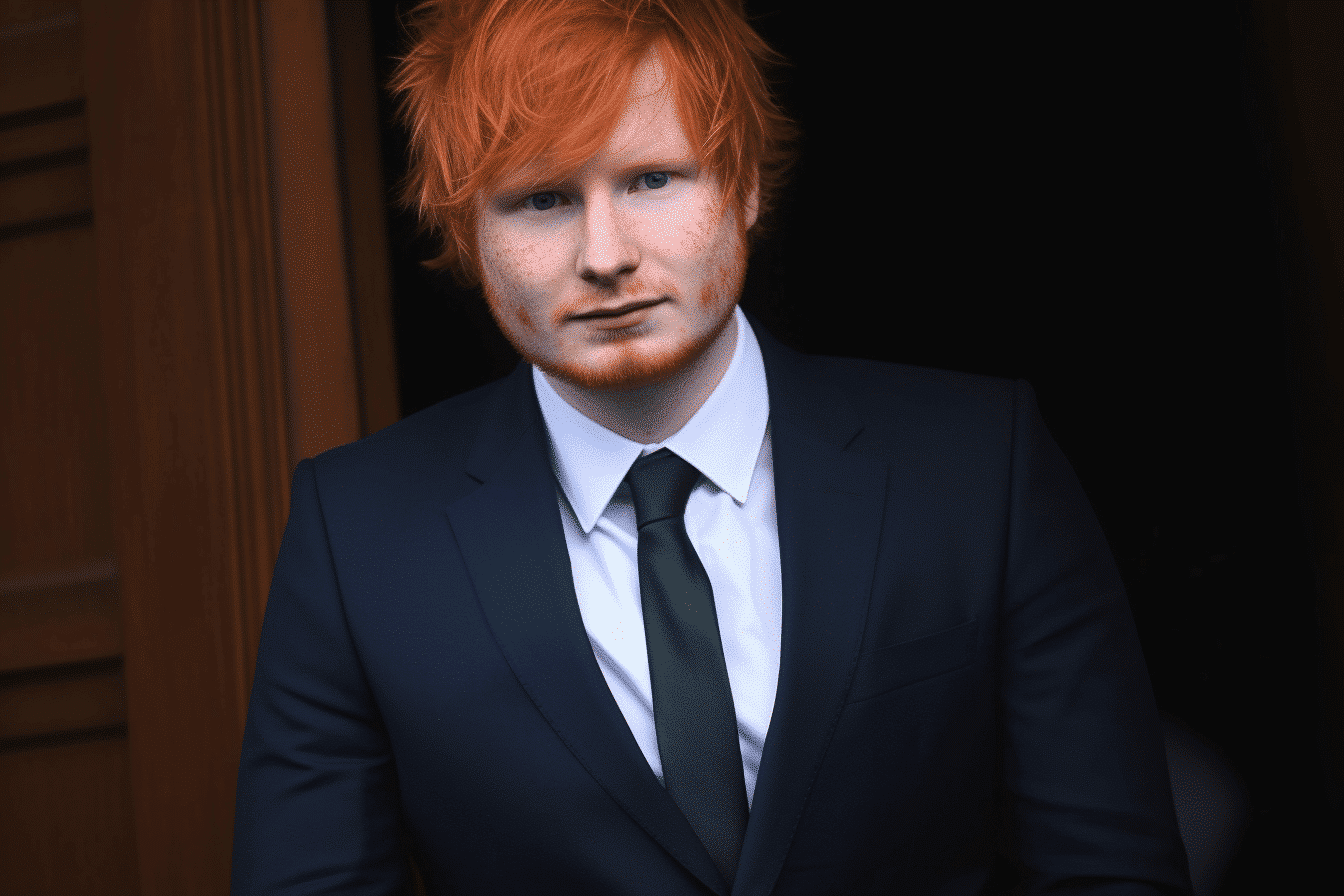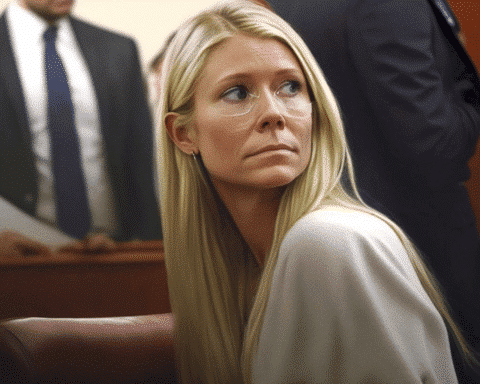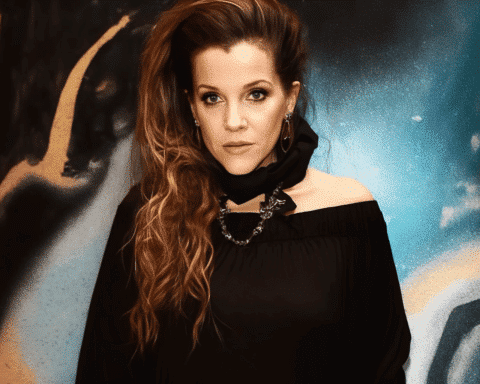As tensions escalate, British singer Ed Sheeran has expressed that he may exit the music industry if he loses the ongoing copyright lawsuit concerning his 2014 single, Thinking Out Loud.
On Tuesday’s fifth day of the trial, Sheeran reiterated that he did not copy elements from Marvin Gaye’s iconic track Let’s Get It On. When asked by his attorney, Ilene Farkas, what he would do if the lawsuit were lost, Sheeran plainly stated, “If that happens, I’m done, I’m stopping.” The singer described the lawsuit as “really insulting.”
Sheeran told the jury, “I work hard to be where I’m at,” and took issue with the plaintiff’s lawyer’s line of questioning, accusing them of trying to undermine his success. He criticized the earlier testimony from musicologist Alexander Stewart, who was hired by the plaintiffs and claimed the two songs had striking similarities, calling it “criminal.”
The lawsuit, filed in 2017 by the heirs of Let’s Get It On co-writer Ed Townsend, alleges that Sheeran and his co-writer, Amy Wadge, intentionally plagiarized the song’s well-known four-chord sequence. Sheeran testified that he and Wadge wrote Thinking Out Loud together at his home in England.
Wadge also testified on Tuesday, stating that the accusations in the Townsend heirs’ lawsuit were “frightening because it’s something we did not do.” She explained that she used a “basic” chord progression for the song, as she never formally learned guitar, and insisted that copyright infringement was “impossible.”
The Townsend heirs’ lawyers presented a video of a live performance where Sheeran sang both songs, claiming it was proof of plagiarism. Sheeran denied this, explaining that it is easy to switch between songs in the same key (both tracks are in D-major) and that most pop songs can fit over others.
Despite the ongoing tensions, Sheeran displayed goodwill throughout the trial. On Tuesday, he embraced Kathryn Griffin Townsend, spearheading the lawsuit. Griffin Townsend collapsed outside the courtroom last week, though the reason remains unclear, as reported by People.
Griffin Townsend spoke positively of Sheeran last week, saying, “I think Mr. Sheeran is a great artist with a great future.” She added that she did not want the lawsuit to reach this point but felt compelled to “protect my father’s legacy.”
The outcome of the copyright lawsuit will undoubtedly significantly impact both Ed Sheeran’s career and the music industry as a whole. While Sheeran has threatened to leave the industry if he loses, the trial raises critical questions about creativity, inspiration, and the fine line between artistic influence and plagiarism. Regardless of the verdict, this case serves as a reminder for artists to be mindful of their creative processes and the potential legal implications of their work.




